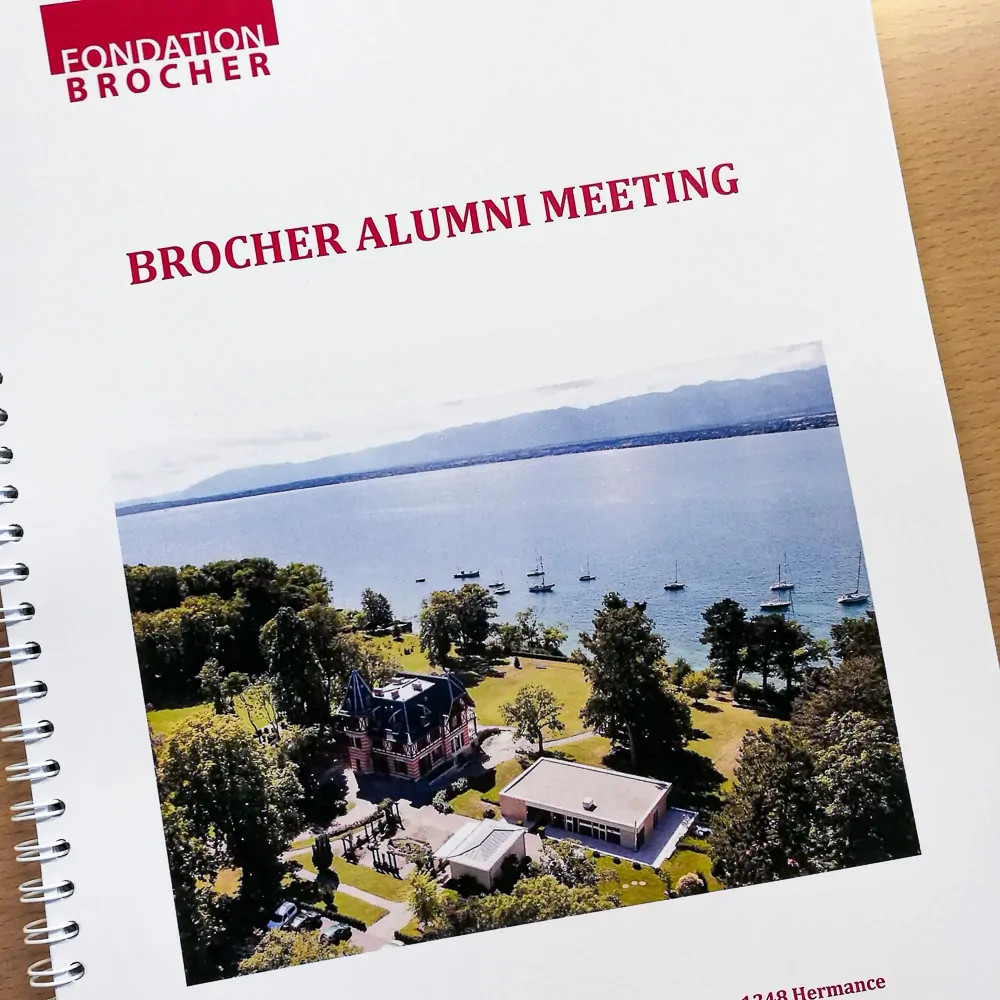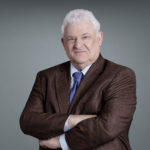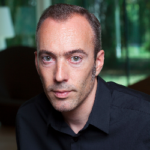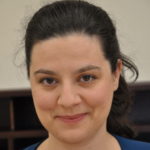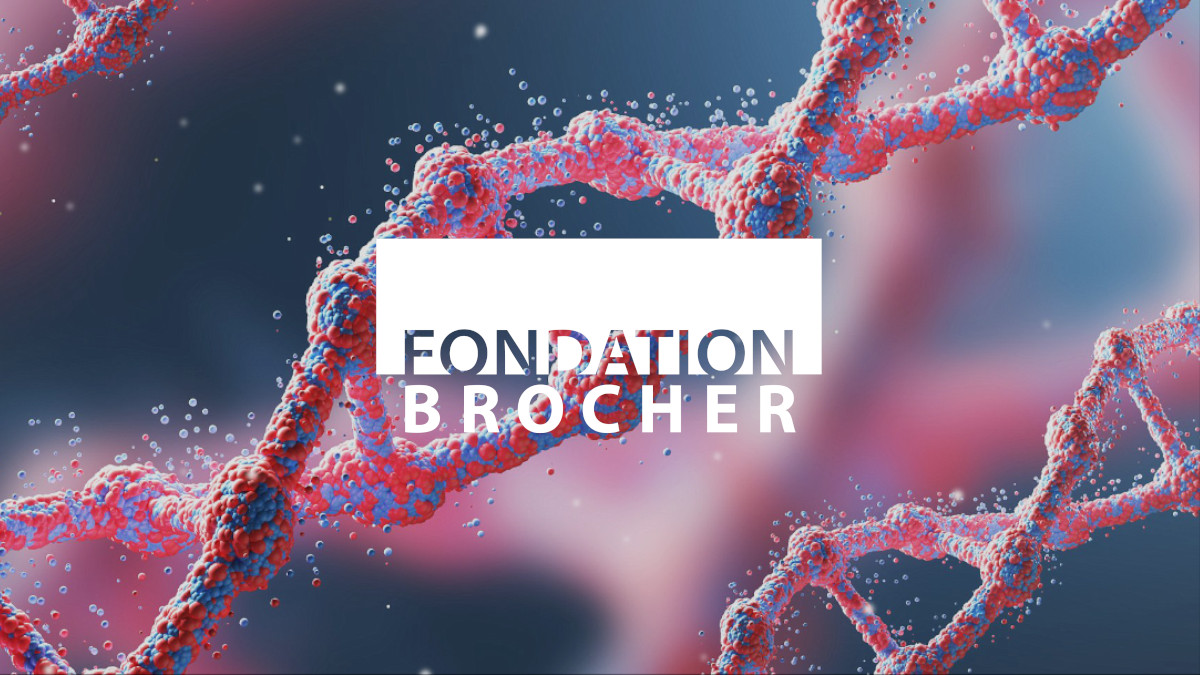“Trust Loss in Biomedicine during the Pandemic: why and what to do next“
Public confidence in biomedical science declined precipitously around the world since the Covid-19 pandemic.
For example in 2022, only 29 percent of U.S. adults in a Pew Research Center poll said that they have a great deal of confidence that medical scientists will act in the best interests of the public, down from 40 percent in November of 2020. Other polls and studies show similarly dour findings. The pandemic undercut a long history of nearly universal trust in the value of biomedical science.
Why did this occur. Some reasons are epistemological, some sociological. Unless they are aggressively addressed trust in biomedical science is likely to remain damaged.
“Arthur Leonard Caplan is the Drs. William F and Virginia Connolly Mitty Professor and founding head of the Division of Medical Ethics at NYU School of Medicine. Before NYU, he was the Sidney D. Caplan Professor of Bioethics at the University of Pennsylvania Perelman School of Medicine, where he established the Center for Bioethics and the Department of Medical Ethics. Caplan has also held positions at the University of Minnesota, University of Pittsburgh, and Columbia University, and earned his PhD from Columbia University.
He has authored or edited 35 books and over 870 peer-reviewed papers. Notable works include “Vaccination Ethics and Policy” and “Getting to Good: Research Integrity in Biomedicine.” Prof. Caplan has served on numerous national and international committees, advising on ethical issues ranging from biobanking and human cloning to blood safety and organ trafficking. Since 2015, he has chaired the Compassionate Use Advisory Committee (CompAC) for Johnson & Johnson’s Janssen Pharmaceuticals.
Arthur Caplan is a prominent media commentator on bioethics, contributing to WebMD/Medscape, WGBH radio, WOR radio, and KNX-CBS radio, among others. He has received numerous awards, including the McGovern Medal, the Franklin Award, and recognition as a significant influencer in science and health care by Discover magazine, Modern Health Care magazine, the National Journal, Nature Biotechnology, and Scientific American.
During the COVID-19 pandemic, he played a pivotal role in advising on ethical frameworks for drug and vaccine distribution, advising companies like Moderna, and contributing to policy development for sports, recreation and health systems.
Prof. Caplan has been awarded the Patricia Price Browne Prize in Biomedical Ethics, the Public Service Award from the National Science Foundation/National Science Board, the Rare Impact Award from the National Organization for Rare Disorders, and the Innovation Award from the FDA’s Reagan/Udall Foundation. He has received eight honorary degrees.”

